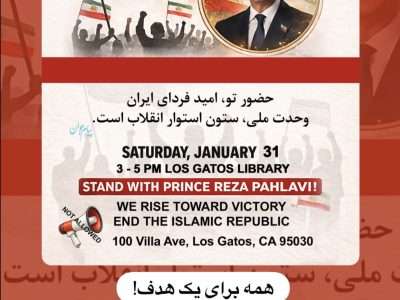Payam Javan: President Donald Trump indicated on Nov. 16 that his administration may consider discussions with Venezuelan President Nicolás Maduro, even as tensions continue to escalate over the United States’ increased military posture in the Caribbean. Speaking in Palm Beach, Florida, Trump addressed questions about the U.S. decision to designate the Venezuelan Cartel de los Soles as a foreign terrorist organization—an organization that Secretary of State Marco Rubio has linked to Maduro and other top officials. While acknowledging that the designation grants Washington the authority to target the regime’s assets and infrastructure, Trump made clear that there are no immediate plans to exercise that power.
The president emphasized the flexibility such a designation provides, noting, “It allows us to do that but we haven’t said we’re going to do that.” He revealed that the Maduro regime has requested talks, adding that his administration may consider engaging in discussions depending on how developments unfold. When pressed on whether he personally would speak with Maduro, Trump responded with characteristic confidence and openness, saying, “I’ll talk to anybody, we’ll see what happens.” Venezuelan officials have not issued any public reaction to Trump’s remarks.
Rising friction between the two nations comes as U.S. forces have intensified operations in the Caribbean, conducting multiple strikes on boats alleged to be trafficking illegal drugs toward the United States. The latest operation on Nov. 15, which resulted in the deaths of three suspected traffickers, marked the 21st such strike since September. Critics have questioned the administration’s authority to carry out these missions under the War Powers Act of 1973, which requires timely congressional notification and places limits on the duration of military engagements without explicit approval. Despite the criticism, Trump reaffirmed his commitment to keeping Congress informed while maintaining that he does not require its authorization to protect Americans from drug cartels operating in the region.
Trump has repeatedly accused Maduro’s regime of supporting drug trafficking networks—allegations Caracas denies—and said he is determined to halt the flow of illegal drugs before they reach U.S. shores. He also expressed concern that sensitive information shared with Congress could be leaked, potentially putting U.S. forces at risk. Relations remain strained following earlier diplomatic exchanges, including a letter Maduro sent in September calling for dialogue, which the White House dismissed as misleading. Meanwhile, Venezuela has condemned recent U.S. military activity near its borders, including the deployment of the USS Gravely to Trinidad and Tobago, responding by suspending energy cooperation with the Caribbean nation.









